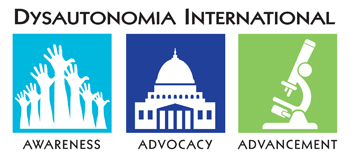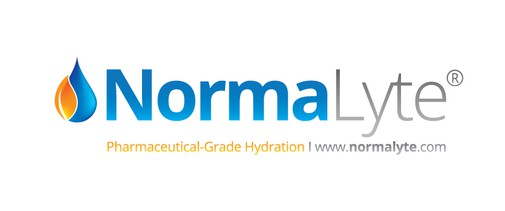Home >> Cardiovagal baroreflex, neurovascular coupling and cognition in POTS
NOW ENROLLING: Cardiovagal baroreflex, neurovascular coupling and cognition in POTS
Dr. Julian Stewart at New York Medical College is seeking female participants ages 15-30 who have Postural Tachycardia Syndrome (POTS) to participate in a New York Medical College IRB-approved research protocol that is funded by the National Institutes of Health. The purpose of this study is to investigate the cardiovagal baroreflex, or the way in which your heart rate changes in response to changes in blood pressure (BP). This is impaired in POTS. This defect decreases the control of BP changes when becoming upright, resulting in large swings in BP. We believe that these swings in BP cause changes in brain blood flow resulting in cognitive impairment. Cognitive impairment describes problems thinking while upright, mental confusion and decreased working memory collectively called "brain fog" by patients. Some people also have symptoms such as dizziness, headache, brain fog, fatigue, nausea, and palpitations when they are kept upright. This is called "orthostatic intolerance." We would like to compare testing results of participants with POTS to healthy volunteers.
When you come for your testing, we will perform a type of test that mimics standing upright, tilt table testing, and we will also perform other simple noninvasive tests. In addition, we will perform tests to evaluate your ability to complete mental tasks and combine this with tilt-table testing. We will perform a type of testing called lower body negative pressure (LBNP) during which we use a vacuum to redistribute blood to your legs while you remain lying down. This simulates many findings of upright postural stress. During testing we will compare the effects of the oral drugs digoxin and pyridostigmine (Mestinon) against placebo (a non-active sugar pill) because evidence suggests that these drugs can improve cardiovascular function in sickness and in health. Thus, they may reduce the rapid heart rate and symptoms of orthostatic intolerance in POTS. We will also be administering the drugs phenylephrine, and sodium nitroprusside through an IV placed in your arm. Testing will take place over 5 days and you will be reimbursed $150 per day.
If interested or if you have any questions, please contact:
Courtney Terilli, Research Coordinator
The Center for Hypotension
Department of Pediatrics
19 Bradhurst Avenue, Suite 1600 South
Hawthorne, New York 10532
Email: courtney_terilli@nymc.edu
Telephone: 914-593-8888
| | |
|
|
|




